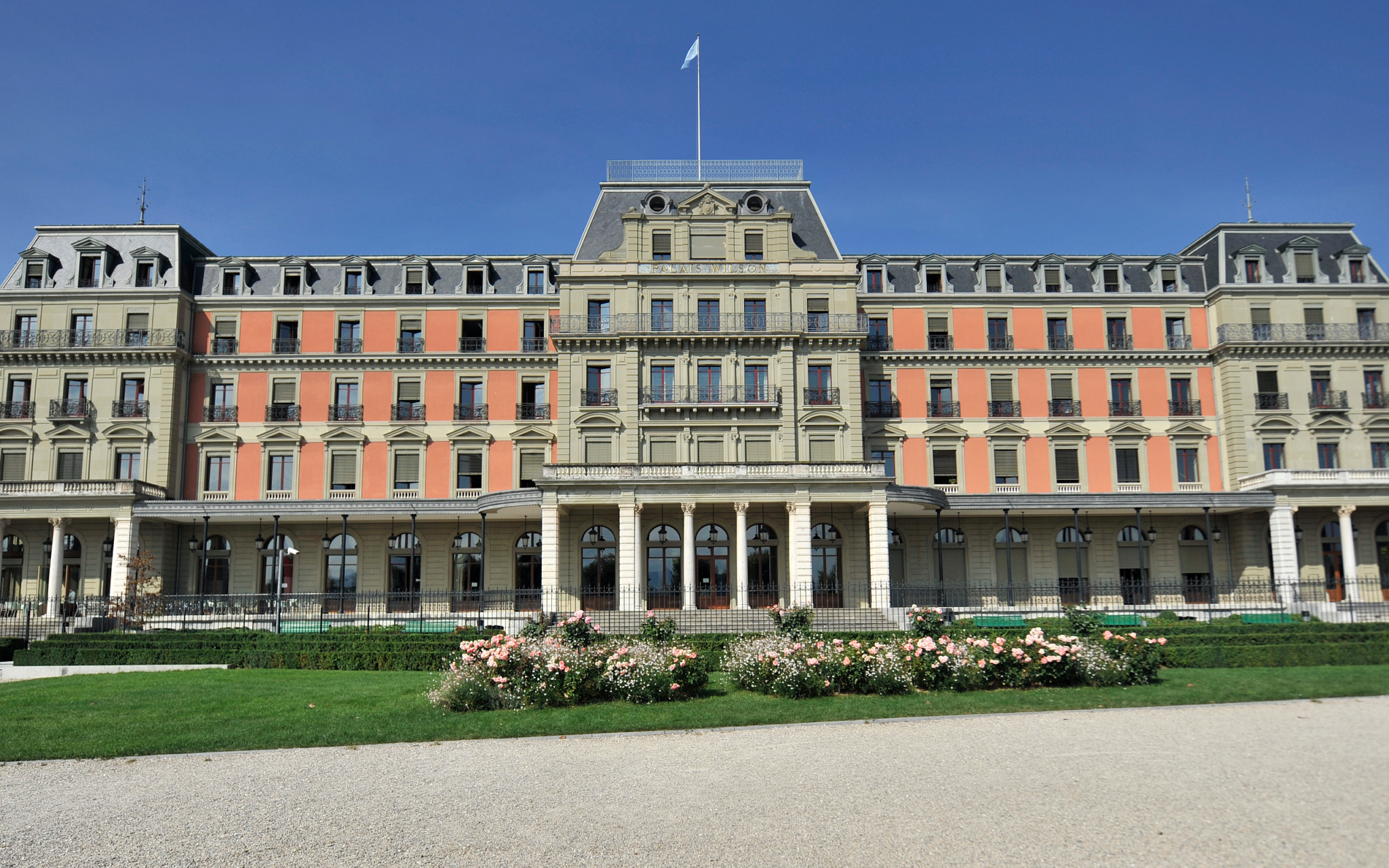30 April 2018 – On Tuesday, 24 April 2018, Americans for Democracy & Human Rights in Bahrain (ADHRB) participated in Saudi Arabia’s review by the United Nations (UN) Committee on the Elimination of Racial Discrimination (CERD), submitting a report, delivering an oral statement, and answering questions in front of the Committee’s Rapporteurs. ADHRB’s remarks focused largely on discrimination against migrant laborers, in particular female domestic workers, as well as capital punishment and prejudice facing migrants in the judicial system. Throughout the review process, ADHRB condemned Saudi Arabia’s perpetuation of systems of inequality against racial and ethnic minorities and called for the complete abolition of the kafala system of labor sponsorship.
Ahead of Saudi Arabia’s review, ADHRB submitted a report to CERD, focusing on discrimination against migrants within the context of the kafala system of labor sponsorship. The report noted that Saudi Arabia claimed “virtuous adherence to CERD,” but that “the government’s nominal efforts to address racial discrimination have fallen short and enforcement of the legal framework is lacking and ineffective.” Indeed, contrary to its claims, the Government of Saudi Arabia “either fails to protect the rights of racial minorities, or itself engages in and abets discriminatory practices targeting migrant workers.”
Within Saudi Arabia’s kafala system, which has parallels in the other Gulf Cooperation Council (GCC) countries as well, migrant workers can only work in the kingdom if they have a sponsor for their work visa. Sponsors frequently abuse their position, confiscating cellphones and passports, forcing workers into menial labor, withholding wages, and refusing to allow workers to transfer away from poor or abusive jobs. The Saudi government, meanwhile, has failed to implement effective mechanisms to assist migrants facing abuses, as the existing complaint system is ineffective and the judicial system places migrants at a disadvantage vis-à-vis their employers.
ADHRB supported its written statement in remarks delivered orally in front of the Committee’s Rapporteurs, noting not only the poor working conditions of migrant laborers and the severe restrictions imposed by the kafala system, but also the unique set of challenges facing female migrant domestic workers. Female domestic workers face gendered and sexualized discrimination, in particular sexual assault and abuse, as well as having their passports and cellphones confiscated and wages withheld. ADHRB additionally highlighted the plight of Saudis and other Arabs of African descent, noting that they face particular discrimination stemming from systemic racism. Saudis of African descent face prejudice that frames them as inferior, and as a result they often have fewer employment, education, and community leadership opportunities. They typically live in segregated housing areas and occupy marginalized positions in society, and it is common for businessmen to receive fewer customers and workers to receive lower salaries due to their skin color.
During the question and answer session with the Committee’s Rapporteurs, ADHRB condemned the mistreatment of migrant workers in Saudi Arabia’s judicial system. ADHRB noted that migrants frequently face widespread due process violations, including long periods of detention without charge or trial, no legal assistance, pressure to sign confessions, and ineffective translation services. Moreover, migrants are disproportionately punished for non-violent crimes, in particular drug offenses. For example, at least 23 percent of those executed in 2017 for drug charges were Pakistani nationals; a remarkably large proportion considering Pakistanis are estimated to make up just 6 percent of Saudi Arabia’s population.
“The discrimination faced by racial and ethnic minorities in Saudi Arabia is appalling. Despite this blatant mistreatment, Saudi Arabia claims that it abides by its international obligations and commitments,” Husain Abdulla, Executive Director of ADHRB. “The scale of abuse is staggering, given the kingdom is host to several million migrant workers, and many violations undoubtedly go unreported. As a result, the problem must be tackled through concerted action with the international community. States need to make it clear to Saudi Arabia that it must end its abusive migrant labor practices and abolish the kafala sponsorship system, which is at the root of so many of these egregious violations.”
Throughout our engagement with CERD, ADHRB highlighted deep-seated discrimination against racial and ethnic minorities in Saudi Arabia, in particular migrant workers, female migrant domestic workers, and Saudis of African descent, as well as migrants facing execution. More broadly, we condemned the systematic nature of the abuses arising out of the kafala system and societal racism. Saudi Arabia must address the structural causes of these widespread violations by working with international community and labor-sending countries to ensure high standards for the treatment of migrants. More fundamentally, the Government of Saudi Arabia must abolish the kafala system and promulgate a new visa sponsorship system responsive to humanitarian and human rights concerns.





